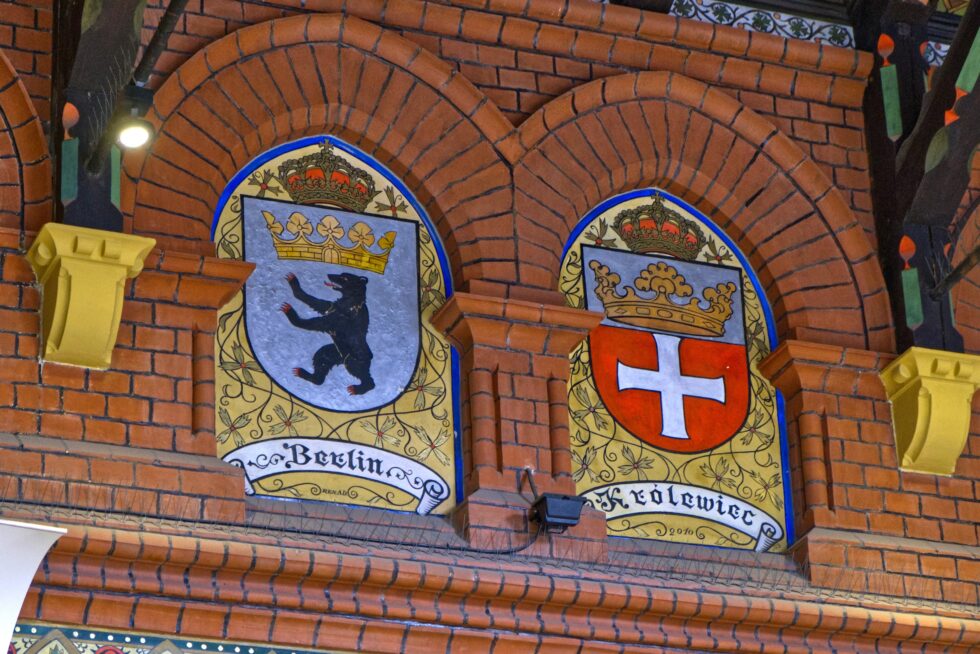The Warsaw administration announced on Wednesday, that Poland will stop referring to the Russian enclave of Kaliningrad by its official name and will instead use its historic equivalent.
According to Poland’s development minister Waldemar Buda, who cited a recommendation from a state body charged with standardizing foreign names in the Polish language, Kaliningrad will now officially go by the name Krolewiec.
In a statement on Wednesday, Buda stated, “We have decided to replace the name of Kaliningrad and the Kaliningrad region in our native tongue. We do not want Russification in Poland.
Official documentation and maps will now refer to the enclave bordering Poland and Lithuania by its historical name.
According to Kremlin spokesman Dmitry Peskov, “These are processes close to madness that are going on in Poland. It’s not even Russophobia anymore.”
“Poland gains nothing from it. These are hostile behaviors, not simply unfriendly ones, he continued.
The Teutonic Order established the city in 1255, which they called Konigsberg (Krolewiec in Polish, Karaliaucius in Lithuanian, and Korolevets in Russian) and named in honor of the Bohemian King Ottokar II.
To honor Mikhail Kalinin, Chairman of the Presidium of the Supreme Soviet of the USSR, the Soviet Union renamed it Kaliningrad in 1946.
According to Buda, “Poles experience negative emotions as a result of the naming of a large city near our border after Kalinin, a criminal co-responsible for, among other things, issuing the decision on the mass murder of Polish officers in Katyn in 1940.”
On Josef Stalin’s orders, the Soviet Union’s political police executed 25,000 Poles in a forest near Smolensk in 1940, principally army commanders who were considered to be anti-communists.
Before acknowledging the facts in 1990, the Soviet Union had long denied culpability for the killings and blamed the Nazis for the crime.

